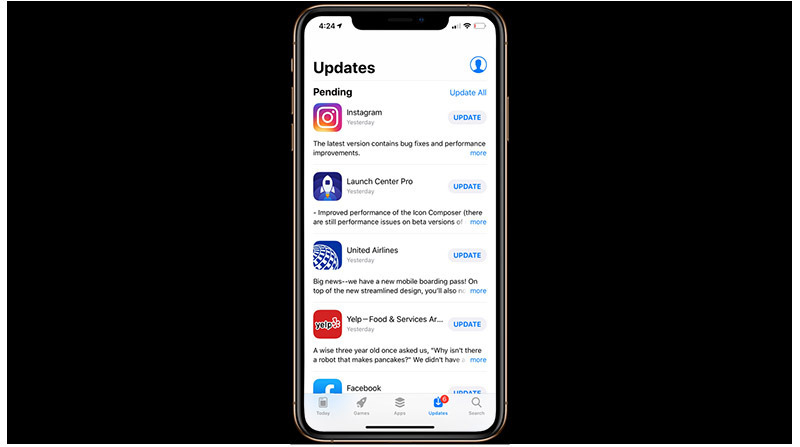The Federal Circuit granted a petition from Apple to spring a Uniloc patent infringement lawsuit from a Texas court to one in California.
Back in September 2019, non-practicing entity Uniloc filed a lawsuit against Apple alleging that its app update mechanisms infringe on a patent developed by Philip Electronics. That lawsuit was filed in the patent holder-friendly U.S. District Court for the Western District of Texas.
On Monday, a divided panel of the U.S. Court of Appeals for the Federal Circuit granted Apple's petition to have that lawsuit transferred to Apple's home base of the Northern District of California, where NPCs have found less luck in extracting money from big tech firms.
Apple initially asked U.S. District Judge Alan Albright of the Waco court to have the case transfer, but the judge refused. Some of the Federal Circuit's panel agreed with Apple, while others did not.
In a brief, Apple pointed out that Judge Albright had built the busiest patent docket in the country since his appointment in 2017. The company added that his unwillingness to transfer cases to other courts amounts to "implicit approval judge-shopping."
In the Federal Circuit's decision, Chief Judge Sharon Prost led a majority that found Albright to have placed too much weight on Apple's presence in Waco, Texas, and on an aggressive trial schedule.
"Indeed, a district court cannot merely set an aggressive trial date and subsequently conclude, on that basis alone, that other forums that historically do not resolve cases at such an aggressive pace are more congested for venue transfer purposes," Prost wrote.
Federal Circuit Judge Kimberly Moore dissented, saying that Albright had committed no error. She added that it was reasonable for Albright to weigh Apple's presence in Texas against the convenience of moving the case to California.
The initial patent lawsuit alleges that Apple's iOS and macOS app update mechanisms infringes on a piece of intellectual property covering a "reconfiguration manager for controlling upgrades of electronic devices."
 Mike Peterson
Mike Peterson








 Marko Zivkovic
Marko Zivkovic
 Christine McKee
Christine McKee
 Andrew Orr
Andrew Orr
 Andrew O'Hara
Andrew O'Hara
 William Gallagher
William Gallagher

 Mike Wuerthele
Mike Wuerthele
 Bon Adamson
Bon Adamson




-m.jpg)



7 Comments
Time to investigate this court to make sure it is being operated legally.
Does anyone know just how the court makes in "fees" to try a case?
Maybe this change of venue will start a larger trend. A defendant in that district is already at a disadvantage, just by being a defendant in that district.
When Apple steals IP, they should be held accountable because they stole, not because they're Apple.